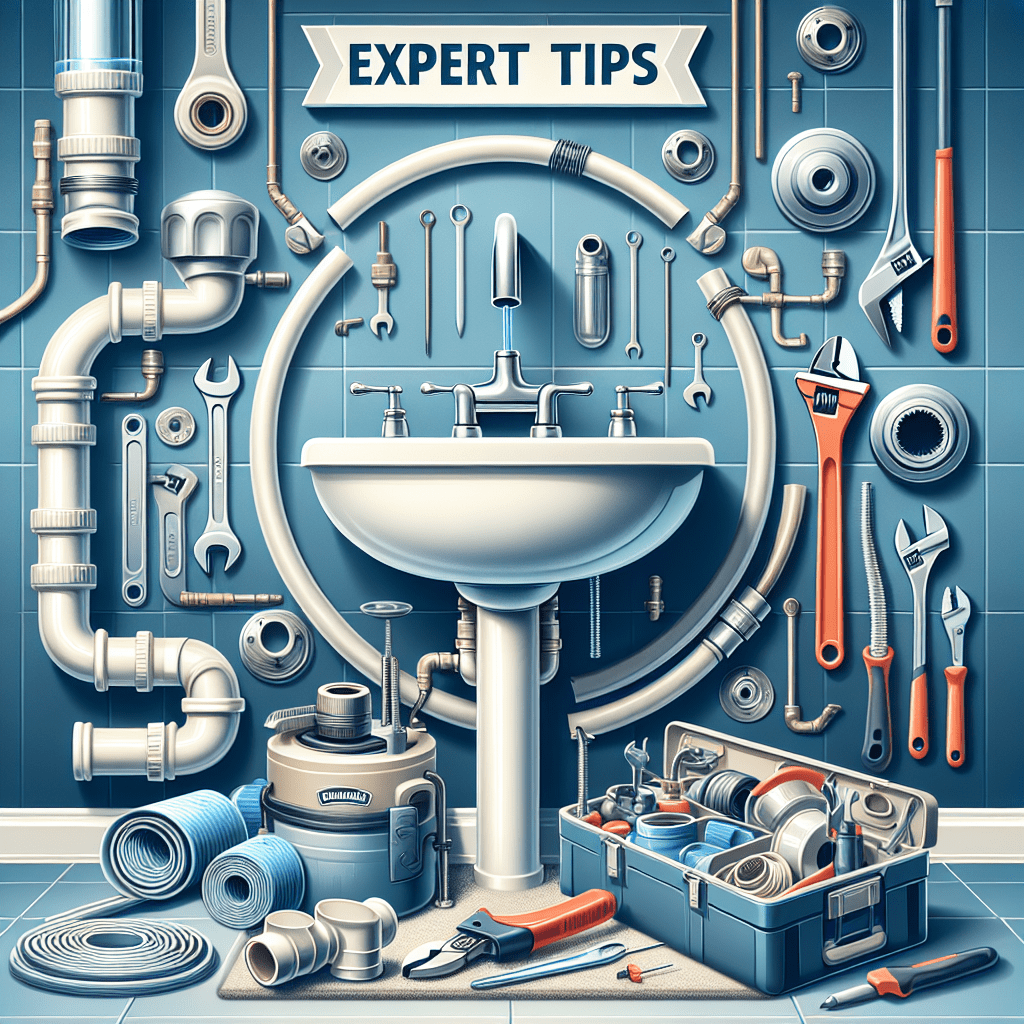Plumbing issues can be a major headache for homeowners. From leaky faucets to clogged drains, it’s important to stay on top of maintenance to prevent costly repairs down the line. While some plumbing problems require the expertise of a professional plumber, there are several DIY maintenance tasks you can do yourself to keep your plumbing in top shape. Here are some expert tips to help you maintain your plumbing system:
1. Regularly Check for Leaks
One of the most important aspects of plumbing maintenance is checking for leaks. Even a small leak can lead to water damage and mold growth if left unchecked. Inspect your faucets, toilets, and pipes for any signs of leaks regularly. If you notice any leaks, it’s important to address them promptly to prevent further damage.
2. Keep Drains Clear
Clogged drains are a common plumbing issue that can be easily prevented with regular maintenance. Avoid pouring grease, oil, or food scraps down the drain, as these can cause clogs. Use a drain strainer to catch hair and debris before they clog your pipes. Regularly flushing your drains with hot water can also help prevent buildup.
3. Maintain Your Water Heater
Your water heater plays a crucial role in providing hot water for your home. To ensure it continues to function properly, flush the tank regularly to remove sediment buildup. Check the temperature settings and adjust them as needed to prevent scalding or bacteria growth. If you notice any issues with your water heater, contact a professional plumber for repairs.
4. Insulate Exposed Pipes
During the colder months, exposed pipes are at risk of freezing and bursting, leading to costly repairs. Insulate your pipes with foam sleeves or heat tape to prevent freezing. Seal any gaps or cracks in your home’s insulation to keep your pipes warm and protected from the cold weather.
5. Test Your Sump Pump
If you have a sump pump in your basement or crawlspace, it’s important to test it regularly to ensure it’s working properly. Pour water into the sump pit to activate the pump and make sure it’s draining water efficiently. If your sump pump is not functioning correctly, contact a professional plumber for repairs.
Conclusion
Maintaining your plumbing system is essential to prevent costly repairs and water damage in your home. By following these expert tips for DIY plumbing maintenance, you can keep your plumbing in top shape and avoid plumbing emergencies. Remember to regularly check for leaks, keep drains clear, maintain your water heater, insulate exposed pipes, and test your sump pump to ensure your plumbing system is functioning properly.
FAQs
1. How often should I check for leaks?
You should check for leaks at least once a month to catch any issues early and prevent water damage.
2. Can I use chemical drain cleaners to unclog my drains?
It’s best to avoid chemical drain cleaners, as they can damage your pipes and harm the environment. Try using a drain snake or plunger to unclog your drains instead.
3. When should I replace my water heater?
You should consider replacing your water heater if it’s more than 10 years old or if you notice a decrease in hot water production. Contact a professional plumber for advice on replacing your water heater.
TIP:
Remember to turn off the water supply before attempting any DIY plumbing maintenance tasks to prevent accidents and water damage. Safety should always be your top priority when working on your plumbing system.
#Expert #Tips #DIY #Plumbing #Maintenance
